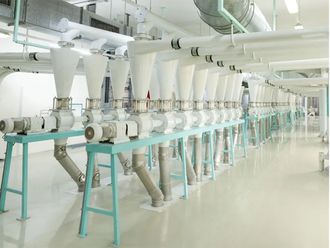London: The euro rose on Monday after German Chancellor Angela Merkel won a third term in office and German, French and euro zone private sector surveys came in better than expected.
Merkel’s conservatives fell short of the votes needed to rule on their own, however, and may have to convince leftist rivals to join a coalition government.
“It will be tough to buy the euro strongly on the German elections as it will be some time before we know what kind of coalition we will get,” said Antje Praefcke, currency strategist at Commerzbank in Frankfurt.
“Sentiment is cautiously optimistic, dependent on data ... A coalition with the SPD should result in euro-friendly and peripheral-friendly policies.”
The euro was up 0.1 per cent at $1.3533 (Dh 4.97), but stayed below chart resistance at last week’s 7-1/2 month high of $1.3569.
Forecast-beating German, French and euro zone purchasing managers’ surveys also helped the single currency on Monday, with Tuesday’s German Ifo sentiment data also set to be a focus of market attention.
The dollar eased 0.1 per cent versus a basket of currencies to 80.324, but remained above a seven-month low of 80.060 set last week after the US Federal Reserve surprised markets by keeping the pace of its bond-buying stimulus unchanged.
Comments by a top Federal Reserve official on Friday suggesting the central bank may scale back stimulus next month helped lend some support to the dollar.
Other Fed officials including Dennis Lockhart, William Dudley and Richard Fisher are due to speak later on Monday.
The Australian dollar and other riskier currencies gained on signs of a turnaround in the Chinese economy as the flash HSBC Purchasing Managers’ Index (PMI) showed factory sector growth accelerated in September.
The Australian dollar rose 0.3 per cent to $0.9423.
But Satoshi Okagawa, senior global markets analyst for Sumitomo Mitsui Banking Corporation in Singapore, said caution about the outlook for China’s economy may be in order given China’s economic reform efforts.
“It will probably be hard for the Australian dollar to keep rising to levels above $1.0 and to head sharply higher from there,” he added.
Elsewhere, the dollar fell 0.4 per cent against the yen at 98.93 yen, with traders saying it faced strong chart resistance on the approach to the 100 yen level.












